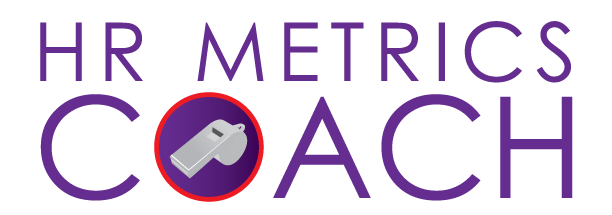In the ever-evolving marketplace, organizations are looking to optimize and leverage their available resources to achieve their objectives. Regardless of your industry, organization-type (profit/non-profit) or workforce size, you have an unleveraged asset, your “Talent Data.”
Read MoreMoving from Performance Management to Managing Performance: A Systemic Approach
We heard about the research multiple times before: Our brains don’t know the difference between a physical threat and an emotional threat. The limbic system takes over; the prefrontal cortex shuts down; reason and rational thinking become impossible. Our “a-ha” moment came when neuroscientist Dr. David Rock (2009) was specifically talking about performance feedback: “Giving feedback often creates an intense threat response that doesn’t help people improve performance” (p. 219). It was one of those forehead-slapping, “Duh!” moments.
Read MoreThree Steps To Help Managers Give A Damn About HR Metrics
"Just because some of us can read and write and do a little math, that doesn't mean we deserve to conquer the Universe." - Kurt Vonnegut, Jr. (Hocus Pocus, 1990)
This may seem an unkind quote, but the sentiment for those of us in the human resources profession is clear - we need to get over ourselves. For years HR thought leaders have been touting the use of metrics to elevate the profession, prove the value of the function or "earn a seat at the table" - a phrase that makes Jay Jamrog, i4cp SVP of Research, twitch at the mere utterance.
Read MoreNew Year, New Measurement Challenges
According to an April 2010 survey, talent management measurement efforts look grim, but there are steps organizations can take to create meaningful, useful data in the new year and beyond.
The definition of talent management has become a bit like Justice Potter Stewart’s definition of pornography: “I know it when I see it.” While reasonable minds can disagree on subtleties, at the core, talent management is about the attraction, retention and development of employees. Measuring talent management effectiveness requires knowing the answer to questions such as “Is the organization attracting better quality applicants?” or “Is the organization retaining its most productive employees?”
Read MoreThe Inclusion Solution
What lessons can you learn from high-performing organizations about creating inclusive work environments?
In order for organizations to improve performance via diversity, they must move away from engineering a diversely representative workforce and toward addressing inclusion. The question is how to do this in a way that ensures such improvement.
Read More